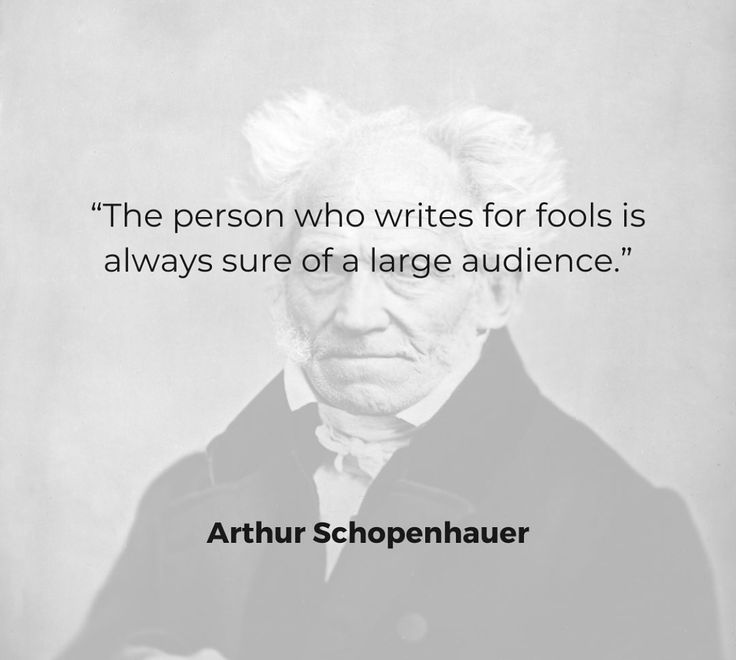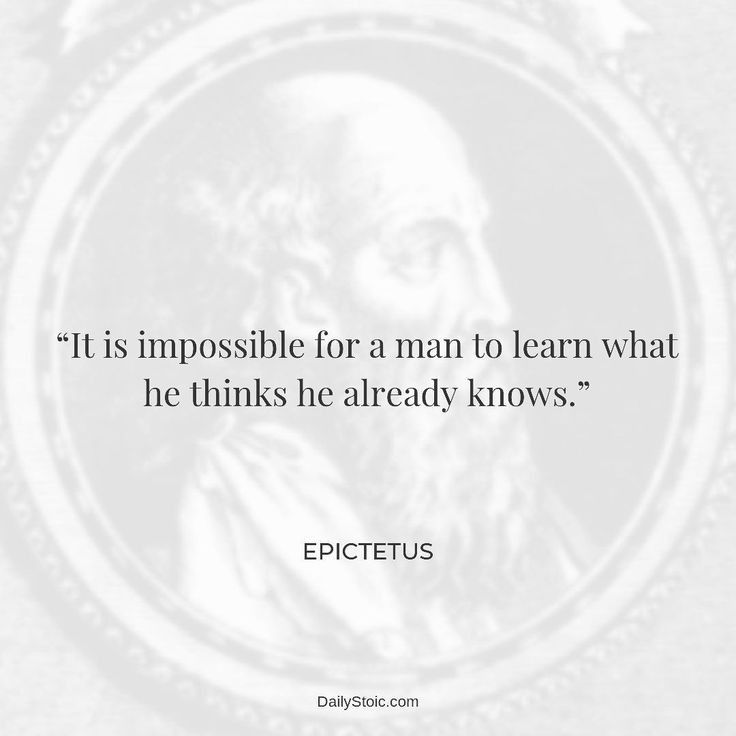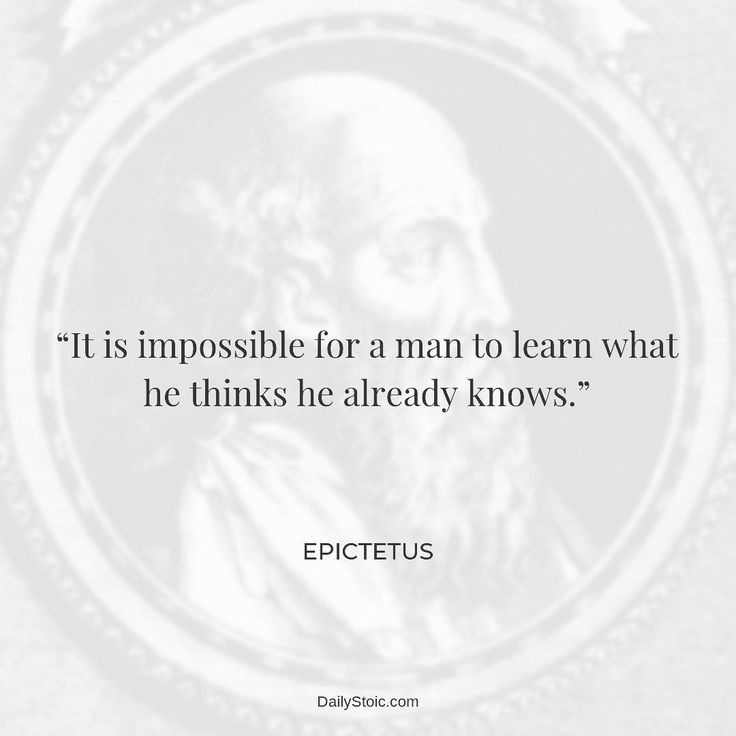The words of Epictetus, “Know, first, who you are, and then adorn yourself accordingly,” offer a timeless principle that serves as the foundation of personal authenticity, self-awareness, and virtue. In an age where external validation often overshadows inner reflection, his advice is more relevant than ever. This essay will explore the depths of this Stoic wisdom, emphasizing the importance of self-awareness, the role of values and virtues in shaping one’s identity, and the practical ways to align our external lives with our inner truths. Through understanding our nature, strengths, and values, we create a life of integrity and fulfillment, where our actions and choices genuinely reflect who we are.

The Importance of Self-Awareness
Self-awareness is the cornerstone of a well-lived life. Without it, we risk wandering through existence without direction, susceptible to external influences that pull us away from our true nature. Epictetus’ assertion suggests that before we can make meaningful decisions about our actions, lifestyles, and principles, we must first embark on a journey of self-discovery.
To “know who you are” means to engage in deep introspection. It requires questioning our motivations, desires, fears, and inclinations. Are our goals truly our own, or are they inherited from societal expectations? Do our actions reflect our core beliefs, or are they driven by fleeting emotions or external pressures? Through self-examination, we gain clarity on what truly matters to us.
The Stoics believed that self-awareness leads to a life of virtue. Virtue, in Stoic philosophy, is the highest good and consists of wisdom, courage, justice, and temperance. By understanding our strengths and weaknesses, we can cultivate these virtues and ensure that our actions align with our moral compass.

Authenticity in Thought and Action
Authenticity stems from the alignment between our inner selves and outward actions. To “adorn yourself accordingly” means to express our values and beliefs through our conduct. In a world that often rewards conformity, staying true to oneself is an act of courage.
An authentic life is one where external validation holds little power over personal decision-making. When we know who we are, we make choices that are not dictated by societal trends or superficial desires but by our own moral and intellectual compass. This form of integrity fosters genuine confidence, as we are no longer burdened by the pressure to meet external expectations.
Additionally, authenticity strengthens relationships. When we present ourselves as we truly are, we attract people who appreciate us for our genuine nature. Pretending to be someone else may yield temporary approval, but it often results in long-term dissatisfaction and disconnect. By embracing our true selves, we cultivate deeper and more meaningful relationships.
Virtue as the Ultimate Adornment
The Stoics believed that virtue is the only true good, and all external adornments—wealth, fame, status—are indifferent unless used virtuously. When Epictetus speaks of adorning oneself, he does not refer to material wealth or external appearances, but rather the cultivation of virtuous habits and ethical living.
Each individual has unique strengths and inclinations. Some may be natural leaders, while others excel in nurturing and supporting roles. Understanding these traits allows us to adopt virtues that align with our essence. For example, a person inclined toward leadership should cultivate wisdom and justice, ensuring that their decisions benefit others rather than merely serving personal ambition. Similarly, someone with a compassionate nature should focus on empathy and kindness while maintaining resilience against manipulation.
This perspective also implies that personal development is not a one-size-fits-all journey. While there are universal virtues to aspire to, the way we manifest them should be in harmony with our individual character. A philosopher may seek wisdom through study and contemplation, while a warrior may embody courage through disciplined action. Both paths are valid as long as they reflect one’s true nature.

The Role of Reflection and Meditation
Self-discovery is not a one-time event but an ongoing process. The Stoics practiced daily reflection as a means of aligning their actions with their principles. Marcus Aurelius, another great Stoic, famously kept a journal where he assessed his thoughts and behaviors, ensuring that he remained true to his values.
Adopting a similar practice can help us maintain self-awareness. By regularly reflecting on our decisions and their alignment with our core beliefs, we can course-correct when necessary. Some helpful questions to ask include:
- Did my actions today reflect my true values?
- Am I pursuing goals that align with my authentic self?
- How did I respond to challenges, and did I act in accordance with virtue?
- What external influences affected my decisions, and were they justified?
Through consistent self-examination, we become more attuned to our personal growth and ensure that our adornments—our habits, choices, and behaviors—are reflections of our true selves.

Navigating External Pressures
One of the greatest challenges in living authentically is the pressure exerted by society. Cultural expectations, peer influence, and even familial obligations can sometimes push individuals toward a path that does not align with their true selves.
To overcome this, one must cultivate inner strength and resilience. The Stoics practiced the art of indifference toward external judgments. They believed that external opinions do not define one’s worth; only one’s virtue does. This mindset helps individuals resist the urge to conform to societal pressures that contradict their authentic values.
Furthermore, setting clear personal boundaries is essential. Knowing who we are allows us to establish firm boundaries regarding what we will and will not tolerate. This applies to relationships, career choices, and personal aspirations. When we honor our true selves, we develop the confidence to say no to situations that compromise our integrity.

Practical Steps to Embody Epictetus’ Wisdom
Understanding and applying Epictetus’ advice requires intentional effort. Here are some practical steps to align our actions with our true selves:
- Engage in Deep Introspection: Take time to reflect on your core values, beliefs, and strengths. Journaling, meditation, and philosophical study can aid in this process.
- Identify and Cultivate Virtues: Choose virtues that align with your nature and work on integrating them into your daily life.
- Practice Authenticity in Small Ways: Start with small acts of authenticity, such as expressing your genuine opinions and making decisions based on personal values rather than external approval.
- Develop Emotional Resilience: Learn to detach from the need for external validation and focus on inner contentment.
- Surround Yourself with Like-Minded Individuals: Seek relationships with people who appreciate and support your authentic self.
- Engage in Daily Reflection: End each day with a moment of introspection, assessing whether your actions aligned with your values.
- Live with Intentionality: Avoid drifting through life without purpose. Make conscious choices that reflect your true nature and aspirations.
Conclusion
Epictetus’ quote, “Know, first, who you are, and then adorn yourself accordingly,” serves as a guiding principle for anyone seeking a meaningful and virtuous life. By understanding ourselves, we lay the foundation for authenticity, integrity, and fulfillment. By aligning our actions with our core values and virtues, we create a life that is not only true to ourselves but also enriching to those around us. In a world where many are lost in the pursuit of external validation, the wisdom of Epictetus offers a path toward inner clarity, self-respect, and lasting fulfillment.


